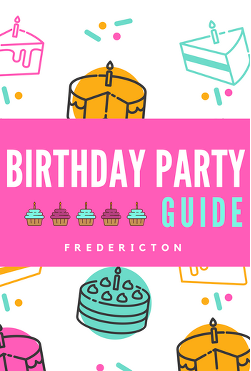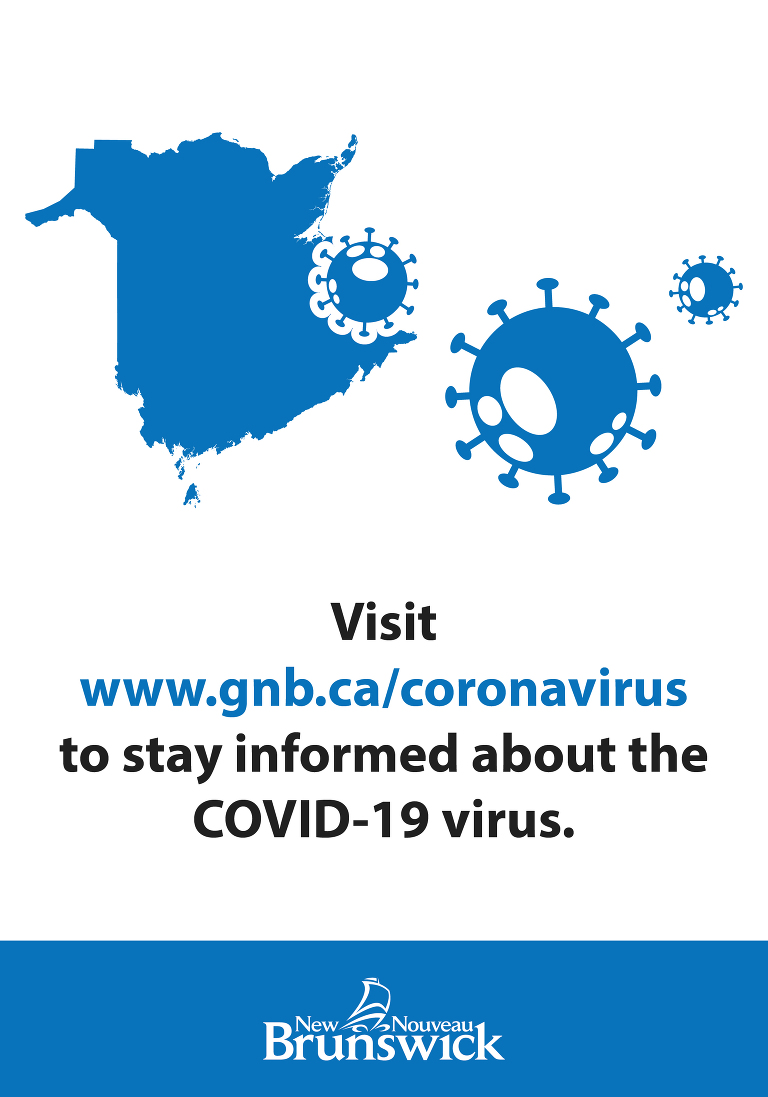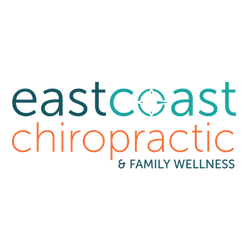.png)
It’s cold outside, so we bundle up indoors, shut all the windows and crank the heat. This is the perfect storm to dry up your skin and flare your eczema. Eczema is also known as Atopic Dermatitis. It’s a chronic problem, meaning you may battle this for life; but many kids tend to “outgrow” it or learn to manage it properly. It tends to relapse in certain environments, conditions or situations, but that means you may also have periods in between where your skin seems healthy. Eczema occurs because the skin barrier doesn’t work properly and your immune system is out of sync due to genetic, immunologic and/or environmental factors. It can often occur in people that also have allergic problems such as asthma, food allergies and/or chronic allergic runny nose. Eczema can present itself as early as 2 to 6 months of age but it can begin at any age. It is diagnosed based on physical symptoms and personal and family history; there is no magic test to confirm it.
Since eczema is a chronic problem, there is no cure, but control of the disease can be achieved. The mainstay of management is maintaining adequate hydration of the skin. Keep in mind that our skin protects us from microbes and the elements, helps regulate our body’s temperature, and permits the sensations of touch, heat, and cold. The skin is the largest organ of the body – in an adult it can weigh 8 pounds or spread out to a total area of about 20 square feet. So let’s take the time to take good care of our skin. You’ll hear varying opinions regarding bathing frequency in eczema – and this is because after several studies, there is no evidence to support a specific recommendation for frequency, duration or the method of bathing. Bathing daily or every other day would be appropriate. If there are open sores, bathing can sting and induce a larger battle than a parent wishes to tackle before bed. Suggestions for bathing to reduce further aggravation of the eczema include 5-10 minute bath or shower in warm, plain water using gentle unscented cleansers only on areas that need cleaning (and this should be used at the end of the bath or shower). Water can aggravate eczema if the skin is not moisturized soon after exiting the water. It is VERY IMPORTANT to hydrate the skin and MOISTURIZE, MOISTURIZE, MOISTURIZE. It’s the least we can do for our largest organ. Frequent application of moisturizer is the key to managing dry skin or eczema. It helps to reduce itch, prevents and reduces eczema flares and decreases the need for prescription creams or medications. There is not one specific name brand of moisturizer that will work for everyone. You need to find a moisturizer (often bland and unscented) that is soothing and doesn’t irritate the skin. In order to benefit from the moisturizer, a generous amount should be applied at least daily, but ideally several times a day and after any water exposure (ie. After a swim or bath or after washing your hands especially if this is an area that flares frequently).
Sometimes, despite your best efforts to maintain skin hydration with the above suggestions, there are patches that continue to flare. These areas may need prescription creams, which are often low dose steroid creams. It’s natural as a parent to be frightened by “steroids”, no matter its form. But if suggested by a physician or pharmacist, they will provide the proper dose and advise proper use to prevent side effects. These creams are absorbed best and function better on moist skin, so continue the above moisturizing regime before applying the prescription creams. It is important to use these treatments until the skin is clear. Undertreatment (not using enough), starting treatment too late, or stopping treatment too soon, should be avoided. Otherwise, the skin will rapidly get worse again. The skin has multiple layers and we only see the top layer; if any part of the visible skin is inflamed you can be pretty certain that the layers beneath are also suffering and could benefit from completed treatment. Open skin is at risk of infection too and if infected it needs a different prescription.
As mentioned above, eczema can flare or relapse in certain environments, conditions or situations. If possible, you should try to identify and avoid these triggers. Common triggers include harsh or fragranced soaps, detergents and self-care products, rough fabrics, overheating and sweating, and winter weather. Identifying triggers is often very frustrating, as some triggers cannot be avoided. And sometimes eczema flares even with diligent trigger avoidance and proper skin care. Many people try to find other causes of the eczema by watching what they eat. The relationship between eczema and food allergy is complex. While children with eczema have a significantly higher incidence of food allergies, food does not cause eczema flares for most people. Getting hives from confirmed food allergies can indirectly worsen the eczema. Also certain acidic foods, such as citrus or tomato based sauces, which come in contact with the skin around the mouth, can cause a temporary flare. Saliva can also be a culprit. In such situations, applying a thin layer of Vaseline to the skin prior to its contact with acidic food or drool can function as a barrier. Routine allergy testing with eczema as the only symptom is not currently recommended. Broad spectrum panel allergy testing for a variety of foods is not recommended, as it often leads to a number of false positive results (the test results say there is an allergy, when there really isn’t). Food elimination diets or restrictive diets are not recommended as an eczema intervention. Excessive prolonged food elimination diets, especially in children, may lead to weight loss, poor growth, and nutritional deficiency.
To conclude, eczema is a common skin condition that tends to flare in the winter. There may be other triggers to identify and avoid, but the general prevention and management of eczema is to MOISTURIZE, MOISTURIZE, MOISTURIZE. Seek medical attention for possible prescriptions for flares despite your best skin care efforts.
Dr. Rachel Ouellette
Disclaimer– The content provided in the Mom Talk Blog’s “Advice From a Pro” series is for information purposes only and is neither intended to be relied upon nor to be a substitute for professional medical advice, diagnosis or treatment. Never disregard professional medical advice or delay in seeking it because of something you have read on this Website. The information is intended for residents of Canada.
About the Author/ Paediatrician

Dr. Rachel Ouellette was born and raised in Fredericton, NB. She grew up with 3 brothers and both her parents were social workers in town. She graduated from Ecole Sainte-Anne in 1998 and pursued Biochemistry at UNB, followed by Psychology at STU. She completed medical school at Memorial University of NL and then finished her Paediatric residency at Queen’s University. Dr. Ouellette then returned home to practice General Consulting Paediatrics in 2011. Rachel loves her community and enjoys connecting with other community service people who share her passion for helping kids; whether it is in schools, counseling services, etc.
Rachel became a mother in 2015 and is expecting another at the end of 2016. She admits she entered motherhood self-assured and naïve. She thought she knew babies and kids and had definitely worked in sleep deprived situations. Rachel was humbly shocked, realizing what a BIG, difficult and confusing job being a mom can be! She battled through painful breastfeeding, she found out what it was really like to experience prolonged sleep deprivation (you can’t turn off the pager at the end of your shift). She even had to sit on the “other side” in a few medical situations. Motherhood has definitely affected how she practices medicine since she’s returned from maternity leave. There is a “Mama” (& “Papa”) instinct that isn’t taught in medical school. It cannot be studied in textbooks or reviewed in parenting books. As a parent, you know your child best, and you understand your child’s cues. Health care professionals need to really listen to the parent & child to reach the right diagnosis and initiate the right treatments.
Dr. Ouellette realizes there is so much information available to eager parents. Dr. Google can be helpful sometimes, but it mostly just causes worry and is filled with inaccurate information. It can be confusing and difficult to make parenting choices when, not only do you have so much information online, but there is typically (often unsolicited) advice and suggestions from friends, family, other moms and random people in grocery store line ups. Dr. Ouellette is not providing any new advice; she is summarizing and sharing information from legitimate medical sources that are usually supported by scientific research. This information is always advancing; even advice written this year, may not apply next year if new studies reveal new information. Dr. Ouellette hopes she can provide up to date, brief, succinct answers to common Paediatric or parenting questions. She is open to topics, so please share your requests with the Mom Talk Blog editors.



















